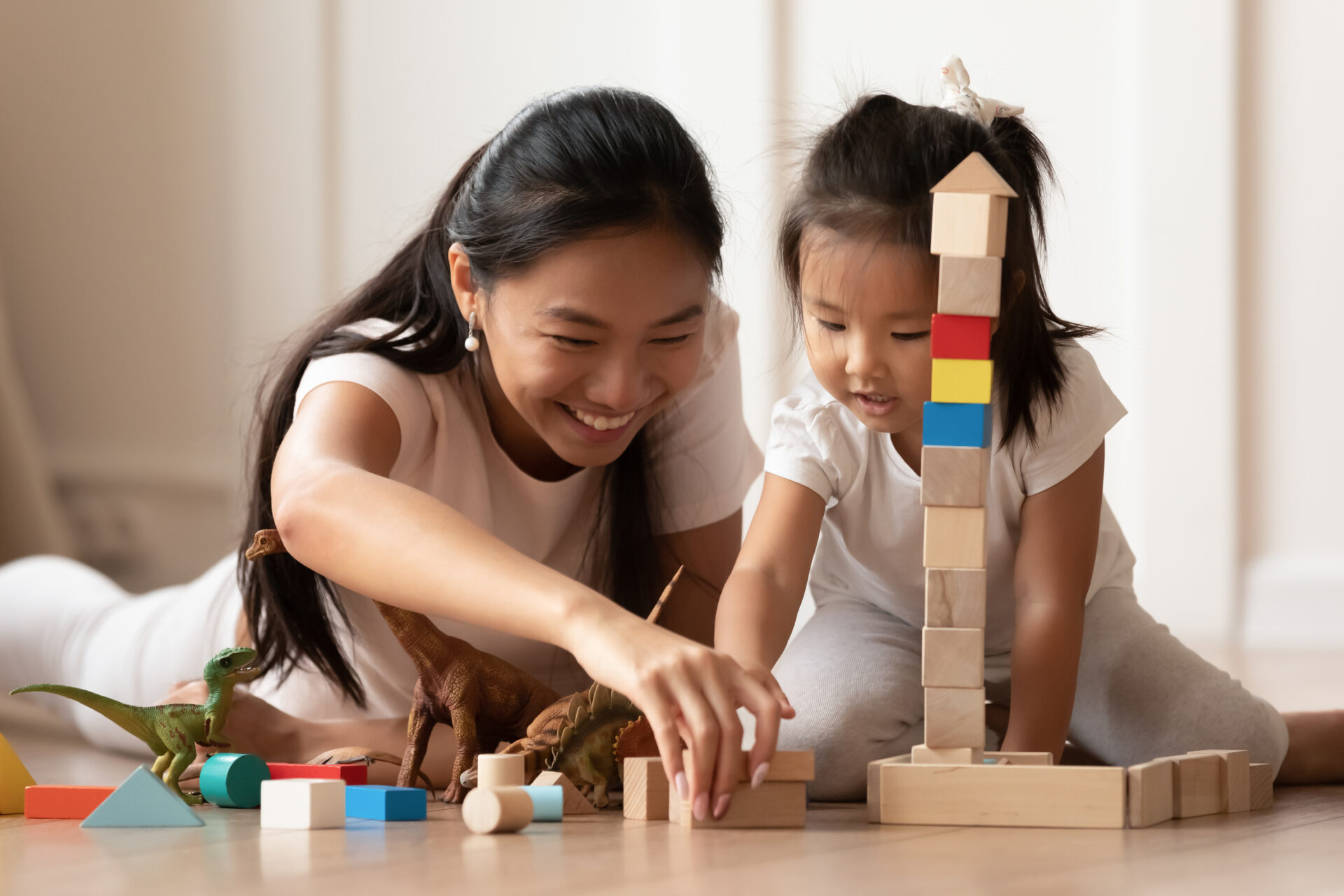
Getting your child ready for kindergarten
By: First Things First
Families with children entering kindergarten next school year should already be thinking about getting their child ready for their first day of school.
In fact, many schools hold their kindergarten registration events beginning early in the year. First Things First (FTF), Arizona’s early childhood agency, funds early learning, family support and children’s healthy development to help kids be successful once they enter kindergarten.
Early learning sets the foundation for later academic learning, and parents are a child’s first teacher. FTF Early Learning Program Specialist Cami Foulks said there are many things that parents can do at home to prepare their child for kindergarten.
“Families can begin to make home-to-school connections,” Foulks said. “You want to do things with your child that will create a memory connection for them.”
For example, it is never too early to start reading to them for at least 15 minutes a day.
“They’ll be singing and reading lots of books, coloring, painting, playing outside,” Foulks said. “You can make those connections at home. Preparation is key.”
FTF has resources to help parents and caregivers on its website FirstThingsFirst.org, just click on the Parents Resources button for kindergarten readiness.
Below are additional tips from FTF to help ease your preschooler’s transition to kindergarten:
- Reading: This can be done by having short reading sessions throughout the day to add up to 15 minutes total, which can help with shorter attention spans. Try books that repeat words; involve activities like counting, identifying colors, objects or letters; or, are about things your child likes. Ask questions like, “What do you think happens next?”
- Talking: Talk and sing with your child everywhere – at home, in the car, at the store. Makeup stories or songs about your outings.
- Routines: Help your child get used to the structure of the school day by establishing regular routines for waking up and dressing, meal times, and bath and bedtimes. Do test runs of the big day by practicing all the activities that will happen in the morning and at school.
- Early Writing: Writing begins with scribbling. Give your child safe writing tools to play with, like crayons, chalk or markers and blank paper. Ask your child to tell you about their drawings.
- Healthy breakfast: Start every day with a healthy breakfast. It helps kids concentrate.
- Sleeping: Make sure your child gets 8-10 hours of sleep every night.
- Staying healthy: Schedule a visit with your child’s doctor and dentist. Health problems make concentrating difficult.
- Sharing: Teach your child how to share and let them help you clean up so they get used to putting things back where they found them.
- Hygiene: Teach your child how to use the bathroom by themselves, wash their hands after going to the bathroom and before eating, blow their nose and sneeze into their elbow.
- Talk change: Start talking to your child about the change that is coming when they start school. Be positive, and give your child the opportunity to ask questions or express fears.
Even if you don’t have kindergarteners this year, it’s never too early to start helping kids prepare. Studies show that children who have positive early childhood experiences are better prepared for school. They have been shown to have increased vocabulary; better language, math and social skills; more positive relationships with classmates; and higher scores on school readiness assessments.
By turning everyday moments into learning moments, we can send our young kids to school with the skills and confidence that will help them succeed in kindergarten and beyond.
Visit FirstThingsFirst.org to learn more about kindergarten readiness.
